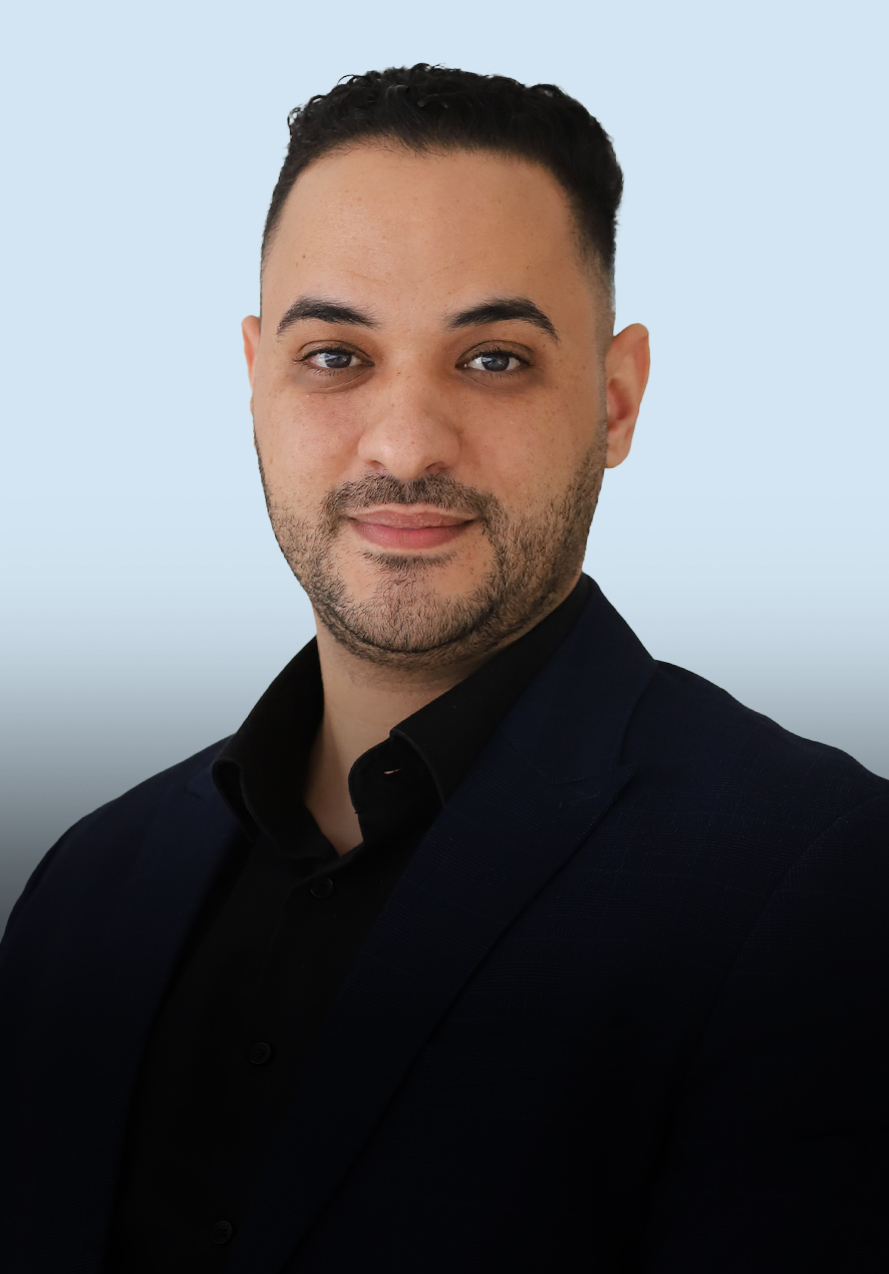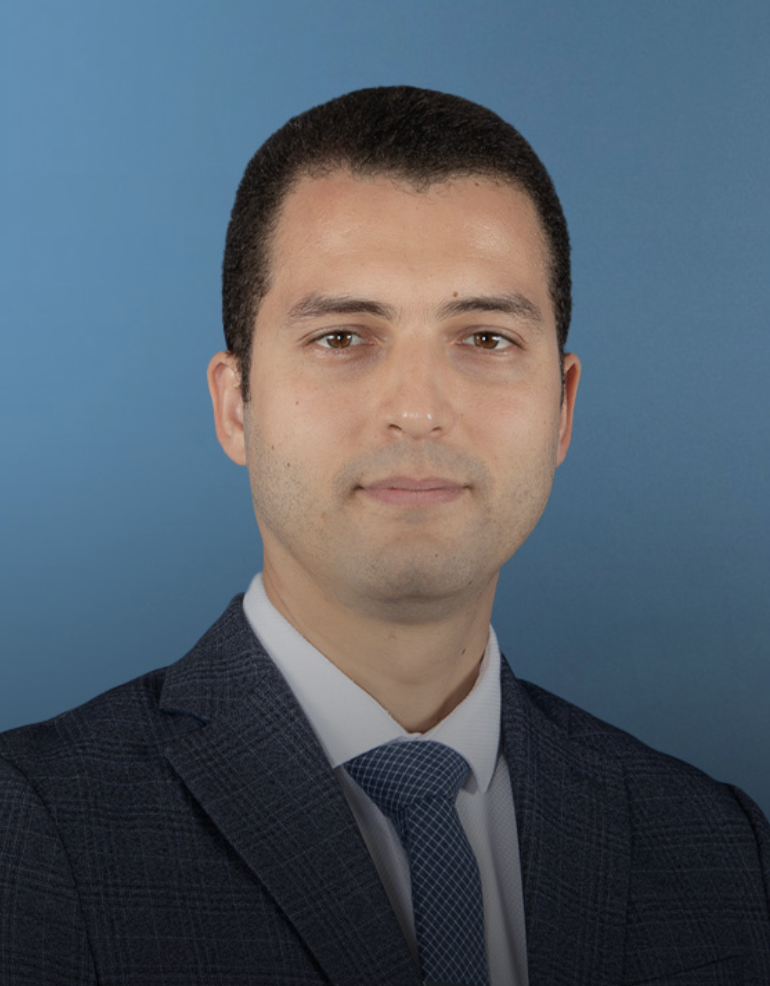Events
Mercosur/Mercosul and Morocco: Avenues for dialogue
From
Morocco and Mercosur/Mercosul countries share a lot of common characteristics and challenges, notably as countries pertaining to the Global South. The inclusiveness of growth and its extension to rural areas, the management of megalopolises with visible economic and spatial inequalities, the “sustainabilization” of economic activity, the insertion of businesses in global value chains, the ability of the public sector to act in order to crowd and spearhead investment while maintaining macro-economic stability and leaving the initiative to a dynamic and innovative private sector – in sum, the necessity to reform and review their development models as they have been functioning so far, are all issues that require the attention of policymakers.
In parallel, the Middle East / Africa (MEA) and Latin America also experienced similar phases in their quest for industrialization and development, whereby consecutive, conflicting, and sometimes overlapping economic theories have advocated for more or less state intervention in their quest for development. Dialogue and intellectual exchanges between both areas have thus been permanent, and lessons can be drawn from each other’s experiences to this very day.
In addition, Morocco and the Mercosur/Mercosul block share a common basin, that of the Atlantic Ocean. While a map can make the latter look like a barrier, trade already demonstrates that concrete links have been established between the Mercosur/Mercosul and Morocco. For instance, in 2021, Mercosur/Mercosul countries accounted for about two thirds of Morocco’s imports of corn. That same year, Mercosur/Mercosul represented the second client of Morocco’s exports after the European Union (EU) with about 6% of Morocco’s total exports, while Brazil alone was the 4th destination of Moroccan exports with 4.92% of total volume after Spain (20.3%), France (18.8%) and India (5.02%). While fertilizers represented about 90% of Moroccan exports to Brazil, aircraft parts stood at about 5%. Opportunities can be deepened and expanded to other member states of the Mercosur/Mercosul if a better understanding of shared opportunities is installed.
Last, Morocco and Mercosur/Mercosul countries are also navigating the global mutations of the world, be it in economic terms (shoring growth and maintain macro-economic stability) or in political ones (negotiating forms of neutrality in the Russian-Ukrainian conflict). Political dialogue between both these areas can thus prove to be particularly fruitful.
To address some of these topics, the Policy Center for the New South (PCNS) is honored to welcome a delegation from the Mercosur/Mercosul Parliament (Parlasur/Parlasul) for a closed-door meeting on Friday, June 9th, 2023.
*All times indicated are GMT+1.
|
15:00- 15:10 |
Welcoming remarks and presentation of the PCNS Zakaria Jouhari, Manager – Partnerships & Development, PCNS A focus on the PCNS partnerships with South and Latin American partners |
|
15:10 - 15:40 |
Mercosur/Mercosul and Morocco in a shifting global geoeconomic order Moderator
Sara Hasnaa Mokaddem, Manager – Strategic Monitoring & Analysis, PCNS
Speakers
Mahmoud Arbouch, Economist, PCNS Morocco’s insertion in aeronautics value chains
Ahmed Ouhnini, Economist, PCNS African and South American perspectives on tropical agriculture’s development
Badr Mandri, Economist, PCNS Reflections on global debt sustainability from a Southern perspective
Youssef Tobi, Senior International Relations Specialist, PCNS The Atlantic as bridge between Morocco and Latin America |
|
15:40 – 16:20 |
Open discussion |
|
16:20 – 16:30 |
Visit of the PCNS |






